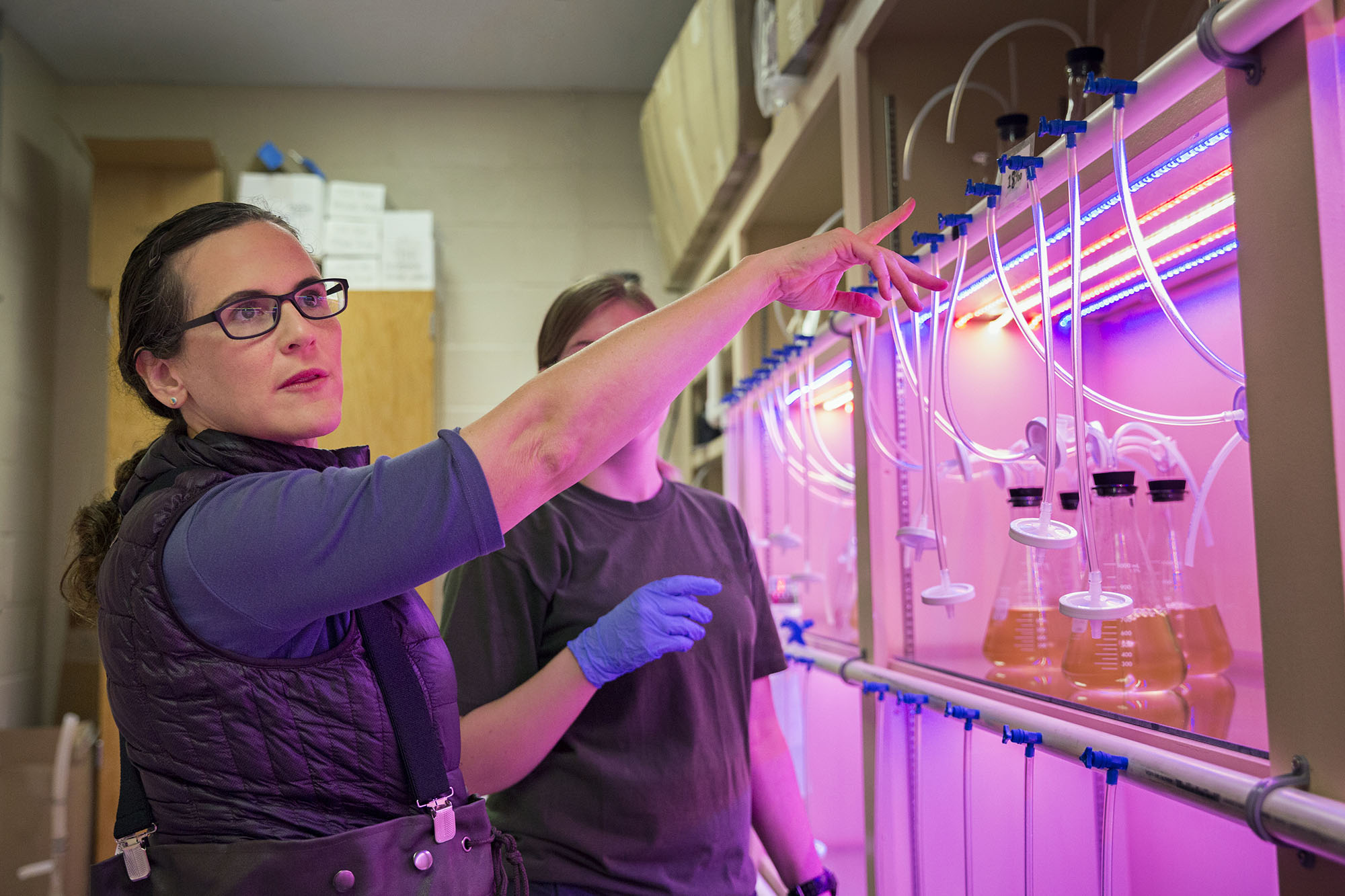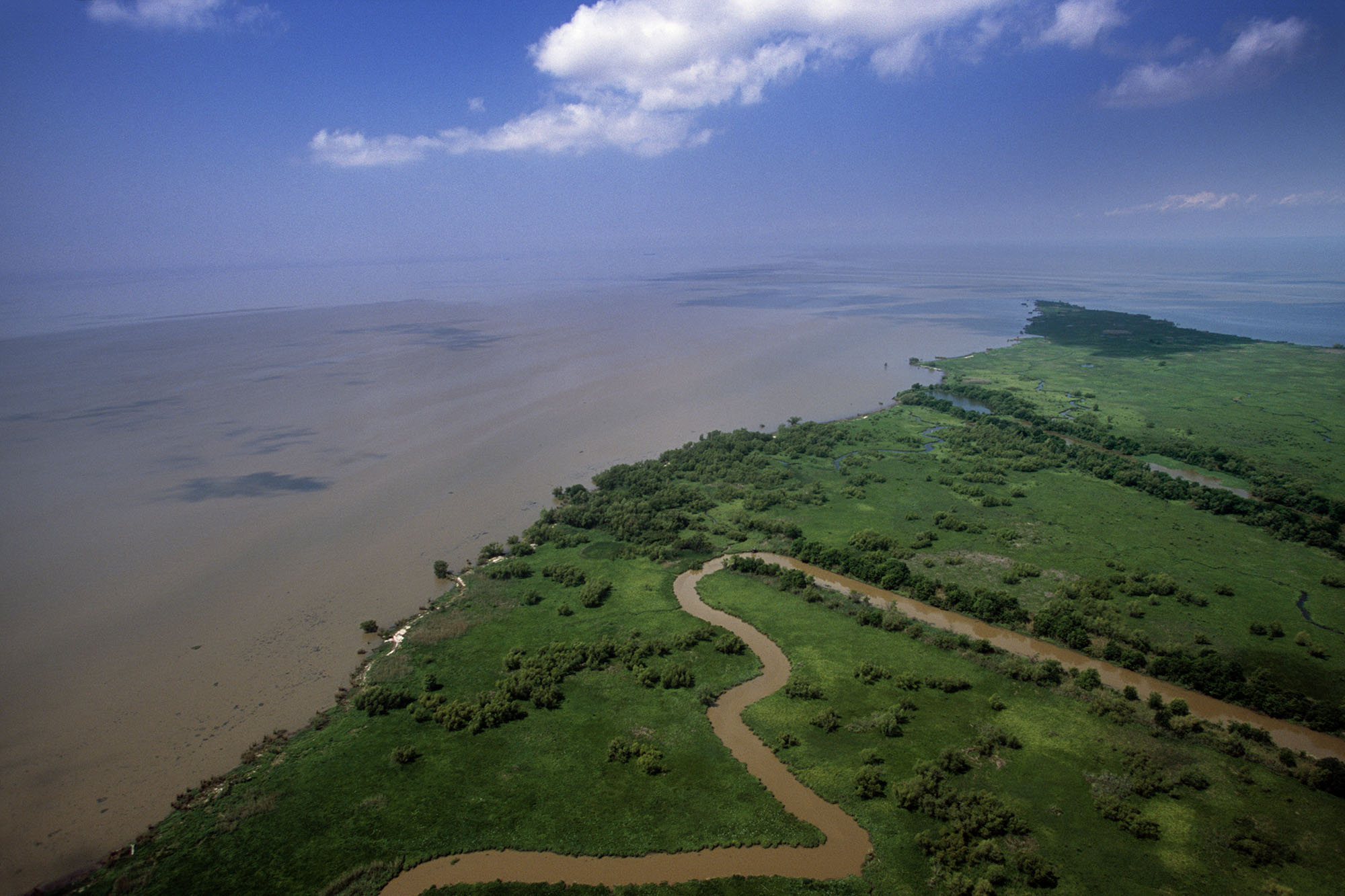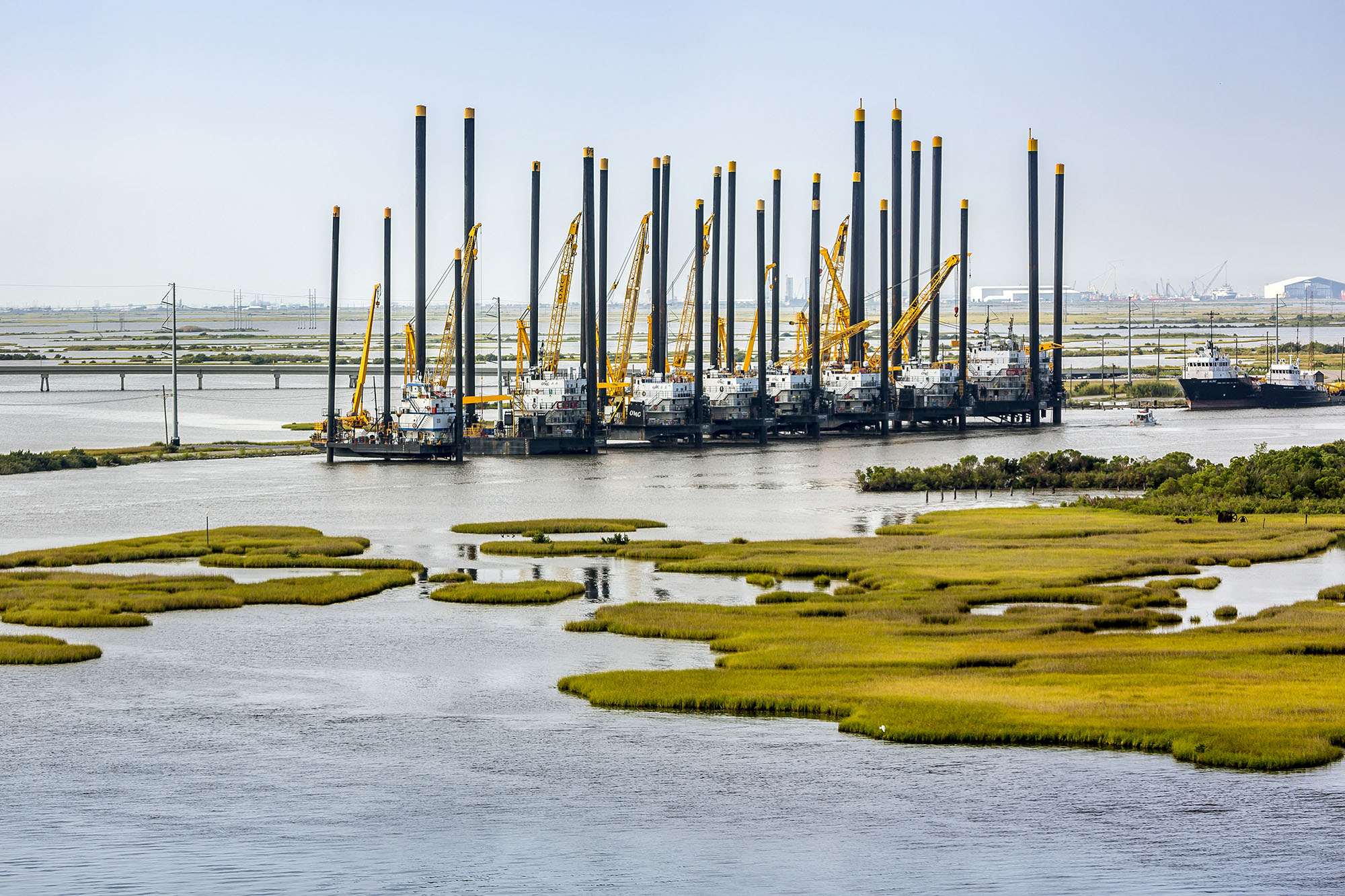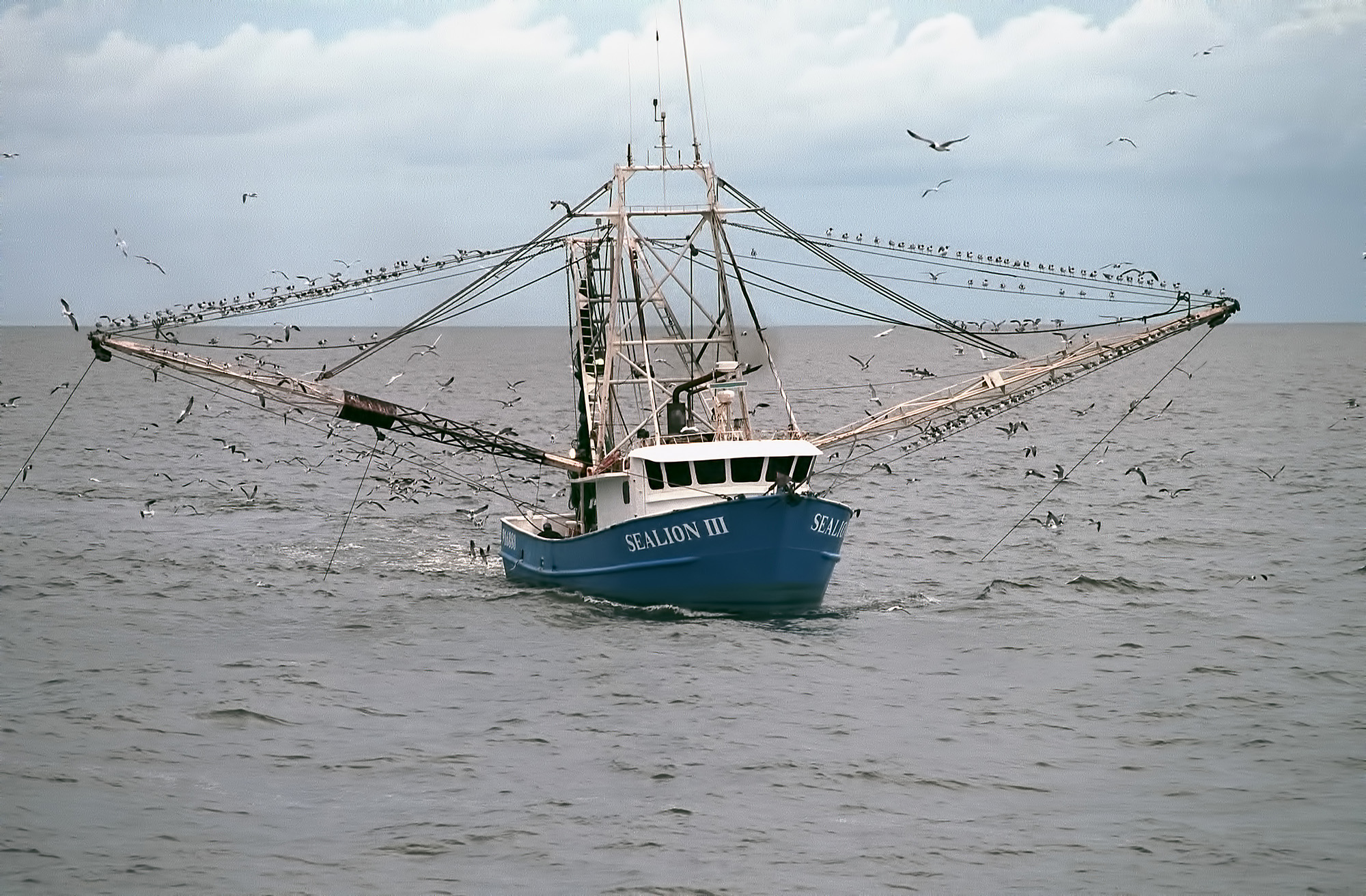State of the Coast Conference
May 20 - 22, 2025
Ernest N. Morial
Convention Center
New Orleans, LA
Louisiana’s coast is where science builds community for global solutions.
At LSU, we bring together science, people, and communities to address the pressing coastal challenges facing Louisiana today and the world tomorrow. Our faculty, students, and staff are dedicated to protecting and preserving the culture, commerce, and biodiversity that thrive in and near our waterways.
Visit LSU in booth 139 at the State of the Coast Conference to explore opportunities for collaboration. Learn how our research, special projects, and talent development support industry, government, and communities across Louisiana. We’re excited to introduce you to our coastal experts, students, alumni, and capabilities, and we look forward to exploring potential partnerships with you and your organization.
Want to Work with LSU?
Home to more than 200 scientists with published research on coastal topics, LSU boasts the largest group of coastal experts in Louisiana. This multidisciplinary expertise spans colleges, centers, and institutes facilitating collaborative approaches to solving critical coastal issues.
Research Teams in Action
LSU Is Committed to the Coast







